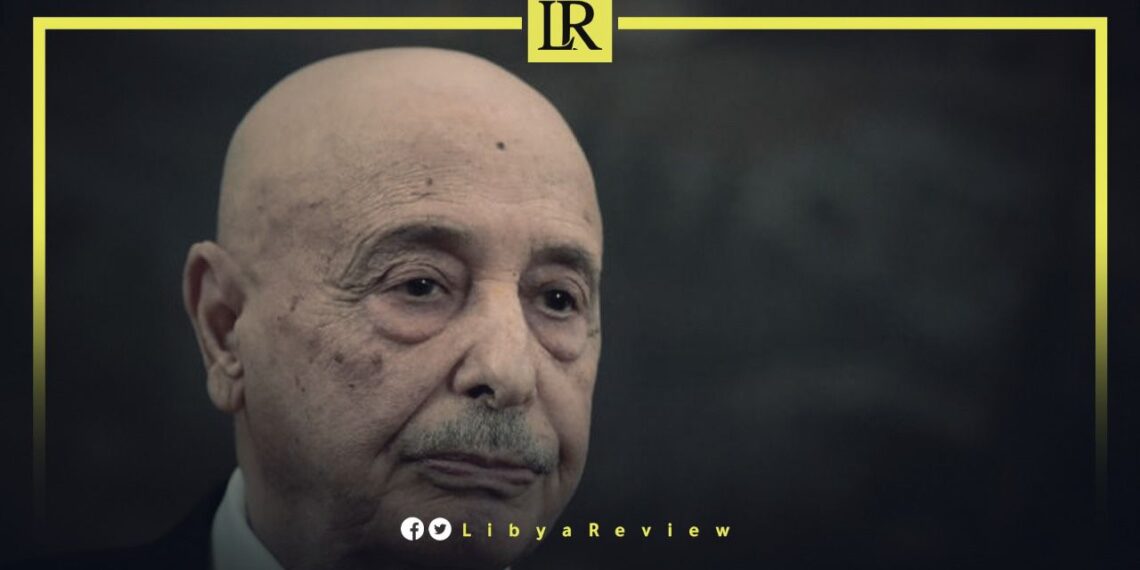Ageela Saleh, the Speaker of the Libyan House of Representatives, has issued a directive to public institutions and companies, advising them against transferring funds to the Government of National Unity (GNU) led by Abdelhamid Dbaiba. Saleh warned that non-compliance with this directive could result in legal consequences for the misuse of public funds.
In communications sent to the Attorney General, the Governor of the Central Bank of Libya, and other regulatory bodies, Saleh outlined the potential legal implications for entities providing financial backing to the Dbaiba-led government. He emphasized that such financial support could be considered a failure to protect public assets and a contravention of regulations governing their use.
Saleh referenced audit reports from previous years that indicated instances of mismanagement and inappropriate spending of public funds by the outgoing government.
Libya has faced ongoing challenges since the 2011 uprising that led to the fall of Muammar Gaddafi, including political division between rival administrations and an economy suffering from the protracted conflict. The country’s reliance on oil has made it vulnerable to fluctuations in production and global prices, exacerbating economic instability.
The ongoing conflict has also precipitated a humanitarian crisis, affecting thousands and complicating the situation for migrants and refugees passing through Libya. The delay of elections scheduled for December 2021, due to legal and eligibility disputes, has further complicated the prospects for a peaceful political transition. Despite a ceasefire, security concerns persist, highlighting the need for military unification and the withdrawal of foreign forces to address these issues.


